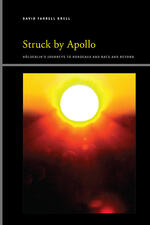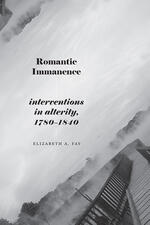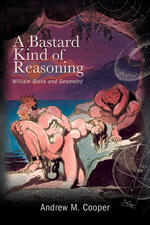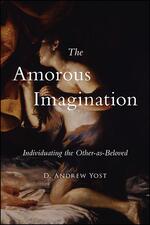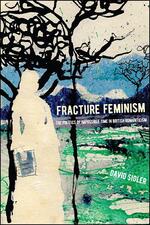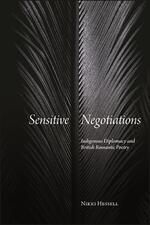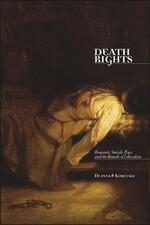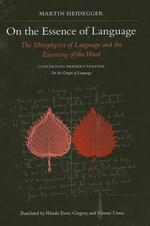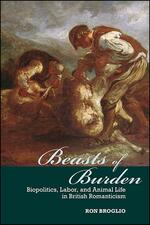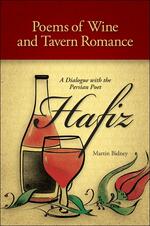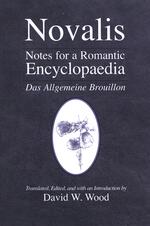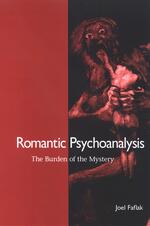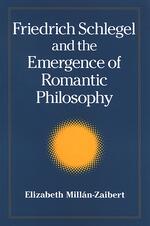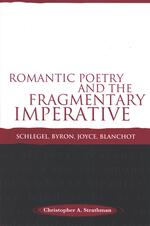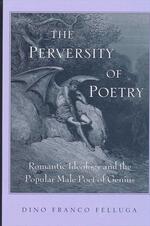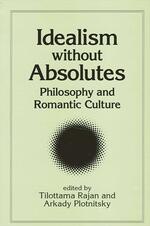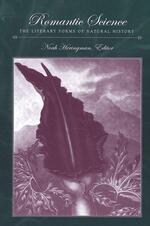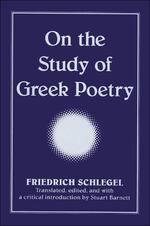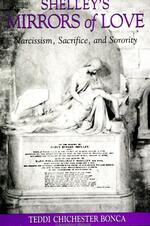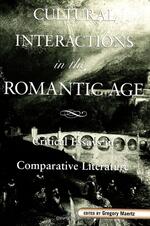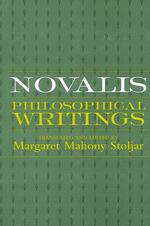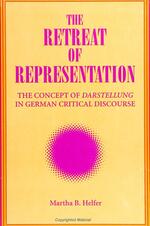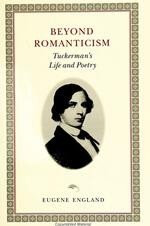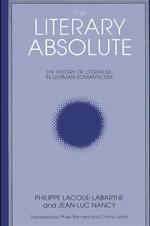Romanticism
Struck by Apollo
Retraces Hölderlin's journeys to Bordeaux and back in 1801–02, explaining why they are turning points in the great poet's life.
Romantic Immanence
Offers a new, Spinozist framework for understanding encounters with otherness in Romantic literature as experiences of immanence.
A Bastard Kind of Reasoning
Ranges widely and deeply across William Blake's oeuvre to show how his post-Newtonian vision of space-time anticipates Einsteinian relativity.
The Amorous Imagination
Building on Jean-Luc Marion’s phenomenology of love this book takes up the “question of the Other” and argues that through the interpretive activities of the amorous imagination lovers come to experience one another as the Beloved.
Fracture Feminism
Shows how feminist writing in British Romanticism developed alternatives to linear time.
Sensitive Negotiations
Examines how Indigenous figures used British Romantic poetry in their interactions with settler governments and publics.
Death Rights
Analyzes how literary representations of suicide have reinforced antiblackness in the modern world.
On the Essence of Language
This important early Heidegger text sheds new light on his later focus on language.
Beasts of Burden
Uses literature, art, and cultural texts from the British Romantic period to explore the age in which biological life and its abilities first became regulated by the rising nation.
Poems of Wine and Tavern Romance
A selection of poems by one of Islam’s greatest poetic voices.
Notes for a Romantic Encyclopaedia
The first English translation of Novalis’s unfinished notes for a universal science, Das Allgemeine Brouillon.
Romantic Psychoanalysis
How the Romantics invented psychoanalysis in advance of Freud.
Friedrich Schlegel and the Emergence of Romantic Philosophy
The origins of early German Romanticism and the philosophical contributions of the movement’s most important philosopher.
Romantic Poetry and the Fragmentary Imperative
Uses the concept of the poetic fragment to draw connections between romantic poetry and modern literature and literary theory.
The Perversity of Poetry
Explains why poetry gave way to the realist novel as the dominant literary form in nineteenth-century England.
Idealism without Absolutes
Extends the boundaries of Romantic culture from its pre-Kantian past to contemporary theory and beyond.
Romantic Science
Uncovers the vital role that new scientific discoveries played in Romantic literary culture.
On the Study of Greek Poetry
Available for the first time in English, this study offers insights into the genesis of German Romanticism.
Shelley's Mirrors of Love
Examines the myths and realities of narcissism in the life and work of Percy Bysshe Shelley, and explores how Shelley combated what he called “the principle of Self” by embracing the ideals of Christlike self-sacrifice and sisterly love.
Cultural Interactions in the Romantic Age
Charts the interactive contours of European culture of the late eighteenth to mid-nineteenth centuries, extending the chronological limits of Romanticism by identifying fresh links among works, authors, contexts, and institutions across national and linguistic borders.
Novalis
This first scholarly edition in English of the philosophical writings of Novalis (Friedrich von Hardenberg), the German Romantic poet, philosopher, and mining engineer, includes two collections of fragments published in 1798, Miscellaneous Observations and Faith and Love, the controversial essay Christendom or Europe, and substantial selections from his unpublished notebooks.
The Retreat of Representation
Examines the notion of Darstellung [representation] in the critical discourse of German Idealism and Romanticism, paying particular attention to Kant, Fichte, Novalis, and Kleist.
Beyond Romanticism
This biography of American poet Frederick Goddard Tuckerman focuses on his development as both a "Romantic," whose work was influenced by Keats, Emerson, and Tennyson, and as an "anti-Romantic," in the ...
The Literary Absolute
The first authoritative study of the emergence of the modern concept of literature in German romanticism.
